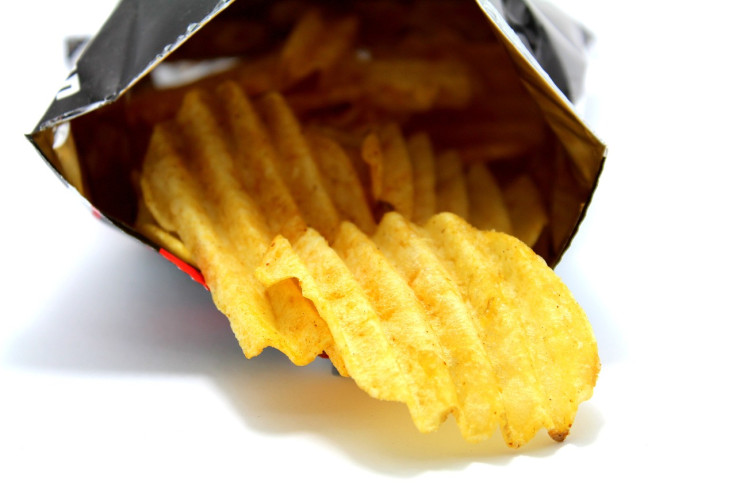Ultra-Processed Food Can Be Addictive Like Nicotine, Alcohol; Study Says It Affects 14% Of Adults Globally

Can't put down that bag of chips or resist the bar of chocolate even when you know it's unhealthy? Researchers now say these ultra-processed food items can be as addictive as nicotine or alcohol.
After analyzing 281 studies across 36 countries, a team of researchers estimated that 14% of adults and 12% of children have an addiction to ultra-processed food. The findings were published in Food For Thought, a special edition of the British Medical Journal.
Researchers define ultra-processed food as industrially produced food items with ingredients that are not normally available in home kitchens.
The extent of addiction was measured using the Yale Food Addiction Scale, which considers 11 factors, including reduced control over intake, cravings, withdrawal and continued use even with negative health effects. When the participants have two or more of the symptoms for over a year, along with "significant impairment or distress," it is classed as a food addiction.
"I took the standard diagnostic criteria for alcohol, nicotine, cocaine and heroin, and translated them to food," said Prof. Ashley Gearhardt of the University of Michigan, a corresponding author of the latest study and the one who created the Yale Food Addiction Scale.
When ultra-processed food has a combination of refined carbs and fat, it becomes most addictive.
"The combination of refined carbohydrates and fats often found in UPFs seems to have a supra-additive effect on brain reward systems, above either macronutrient alone, which may increase the addictive potential of these foods," the researchers wrote.
These foods are addictive because they cause a spike in dopamine, a chemical released in the brain that gives a good feeling. The spikes are similar to those caused by alcohol and nicotine. When the dopamine level crashes, the body craves the good feeling and returns to eating more, researchers explain.
"Refined carbohydrates or fats evoke similar levels of extracellular dopamine in the brain striatum to those seen with addictive substances such as nicotine and alcohol," they said.
The fact that ultra-processed foods are easily accessible and convenient compared to their homemade counterparts makes them more susceptible to fostering addiction. The speed at which fats and carbs are delivered to the gut also influences the addiction.
However, more research is needed to understand the complex features that make them addictive and to identify the specific items that are addictive.
"Given how prevalent these foods are – they make up 58% of calories consumed in the United States – there is so much we don't know," co-author Alexandra DiFeliceantonio, an assistant professor at the Fralin Biomedical Research Institute in Virginia, said in a news release.



























